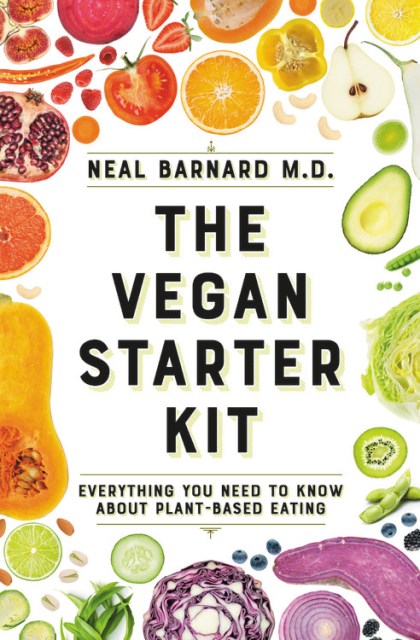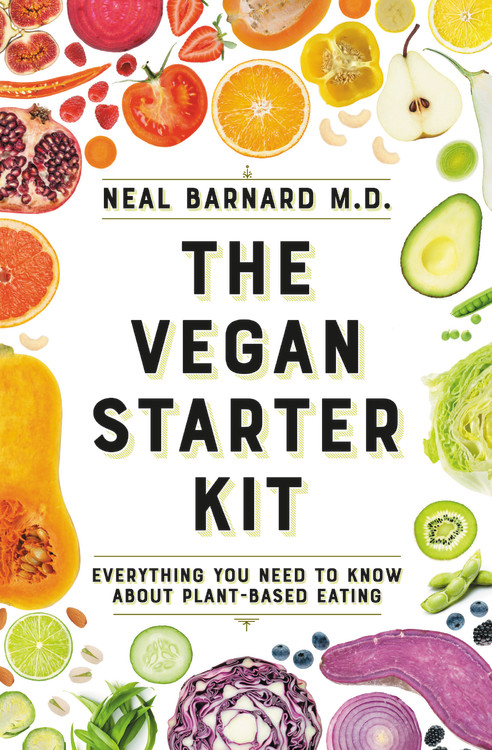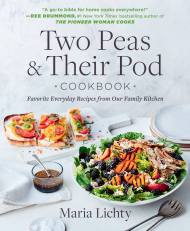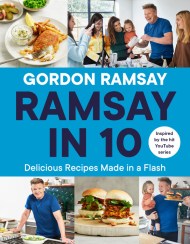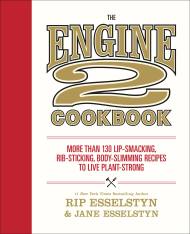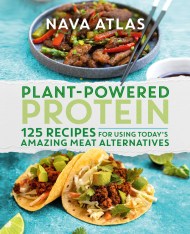Promotion
Use code MOM24 for 20% off site wide + free shipping over $45
The Vegan Starter Kit
Everything You Need to Know About Plant-Based Eating
Contributors
Formats and Prices
Price
$18.99Price
$24.99 CADFormat
Format:
- Trade Paperback $18.99 $24.99 CAD
- ebook $9.99 $12.99 CAD
- Audiobook Download (Unabridged)
This item is a preorder. Your payment method will be charged immediately, and the product is expected to ship on or around December 24, 2018. This date is subject to change due to shipping delays beyond our control.
Also available from:
Leading medical authority Neal Barnard, MD, FACC, shows you how to put the power of a vegan diet to work with an easy, step-by-step approach.
Many are looking to adopt a more healthful diet but may have questions, like: How do I plan a vegan meal? Is protein an issue? How do I make it work if I don’t cook? Which are the best choices at restaurants?
In The Vegan Starter Kit Dr. Neal Barnard, perhaps the world’s most respected authority on vegan diets, answers your questions and gives you everything you need to put vegan power to work. You’ll learn how to ensure complete nutrition, and get quick-reference charts for calcium sources, tips for modifying your favorite recipes, and examples of quick and easy meals. Everything you need for permanent weight control and dramatically better health is presented.
The Vegan Starter Kit also includes information on healthy eating in childhood, pregnancy, and other stages of life, and a complete set of basic meals, holiday feasts, snacks, among many other features.
Many are looking to adopt a more healthful diet but may have questions, like: How do I plan a vegan meal? Is protein an issue? How do I make it work if I don’t cook? Which are the best choices at restaurants?
In The Vegan Starter Kit Dr. Neal Barnard, perhaps the world’s most respected authority on vegan diets, answers your questions and gives you everything you need to put vegan power to work. You’ll learn how to ensure complete nutrition, and get quick-reference charts for calcium sources, tips for modifying your favorite recipes, and examples of quick and easy meals. Everything you need for permanent weight control and dramatically better health is presented.
The Vegan Starter Kit also includes information on healthy eating in childhood, pregnancy, and other stages of life, and a complete set of basic meals, holiday feasts, snacks, among many other features.
Genre:
-
Dr. Barnard makes a compelling case as to why all of us should "test drive" a vegan diet. His guidebook is straightforward and simple to follow...as easy to digest as a plant-based lifestyle. All in all, a delicious read.Meredith Vieira, Journalist and Television Personality
-
"We've known Neal Barnard for years as a leader in the plant-based revolution. His new book makes it so easy to start your plant-based journey that we're recommending the Vegan Starter Kit to everyone we meet who's 'vegan curious' or just interested in good health, better energy levels, and a longer, more vibrant life."Suzy Amis Cameron and James Cameron
- On Sale
- Dec 24, 2018
- Page Count
- 176 pages
- Publisher
- Grand Central Publishing
- ISBN-13
- 9781538747407
Newsletter Signup
By clicking ‘Sign Up,’ I acknowledge that I have read and agree to Hachette Book Group’s Privacy Policy and Terms of Use
